Academics
The Brown in Paris academic program blends direct enrollment in the French university system with the pro-seminar, a dynamic in-house course that uses the city of Paris as a classroom.
Academics
The Brown in Paris academic program blends direct enrollment in the French university system with the pro-seminar, a dynamic in-house course that uses the city of Paris as a classroom.
Brown in Paris Pro-Seminar
The mandatory pro-seminar begins as soon as students arrive in Paris and continues weekly throughout the semester. This course aims to facilitate students' immersion in France and more particularly in Paris (academic, social, political, and cultural life) while helping them to deepen their knowledge and understanding of French society.
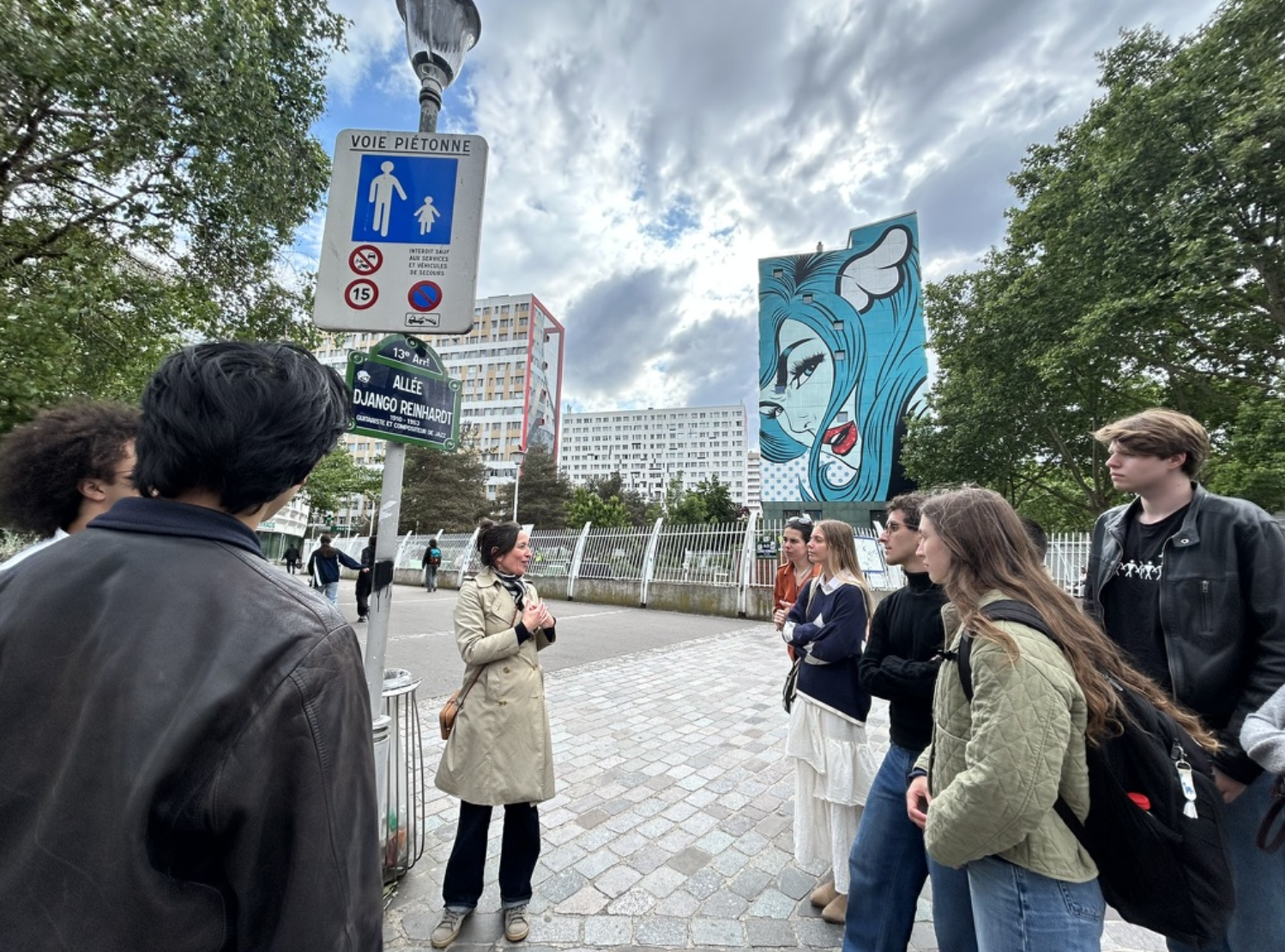
Students will read various books and articles throughout the semester, as well as prepare 3 oral presentations. Each student explores a theme or aspect of Paris and contemporary French society of their own choosing through a final research project.
This course is listed as FREN 970B and it is worth one Brown course credit.
Full year students may not retake the pro-seminar during their second semester.
Course Description
Sociologies de Paris" explores the dynamics of Parisian urban space, including gentrification, de-gentrification, and commemorations of marginalized or overlooked histories in Paris, such as the 1871 Commune, 1940s deportations, or the October 17, 1961 massacre, as well as the impact of French colonialism on Parisian space and its effects on exile and migrant communities from the 19th to the 21st centuries. Taught by a local professor of sociology with frequent guest lecturers, the pro-seminar employs various sociological methods to understand the city’s complexities and the effects of class, gender, and racialization on urban experiences. Practical experiences, including urban walks and methods like flânerie, sensory ethnography, and visual methods, are also part of our exploration of the city.
Dynamic Format
The "pro-seminar" features a dynamic format that fully embraces the concept of Paris as classroom. It combines traditional lectures by the professor and other local experts on key topics related to identity politics in France with “urban hikes” — guided tours of various Parisian neighborhoods. These tours offer insights into the history of each area, its inhabitants, and how they have evolved over time.
As part of the pro-seminar, students regularly participate in an activity of their choice within the Parisian community (learn more about community engagement), each week and participate in various cultural opportunities offered by the program.
I really appreciated this course and it will give you MUCH NEEDED nuance to Paris and France that many foreigners, especially Americans may never realize. This was such a refreshing surprise for me and a genuinely educational experience. This class forces you to not just be another tourist studying abroad but actively engage and understand contemporary French society and think critically about your place in the world. 10/10

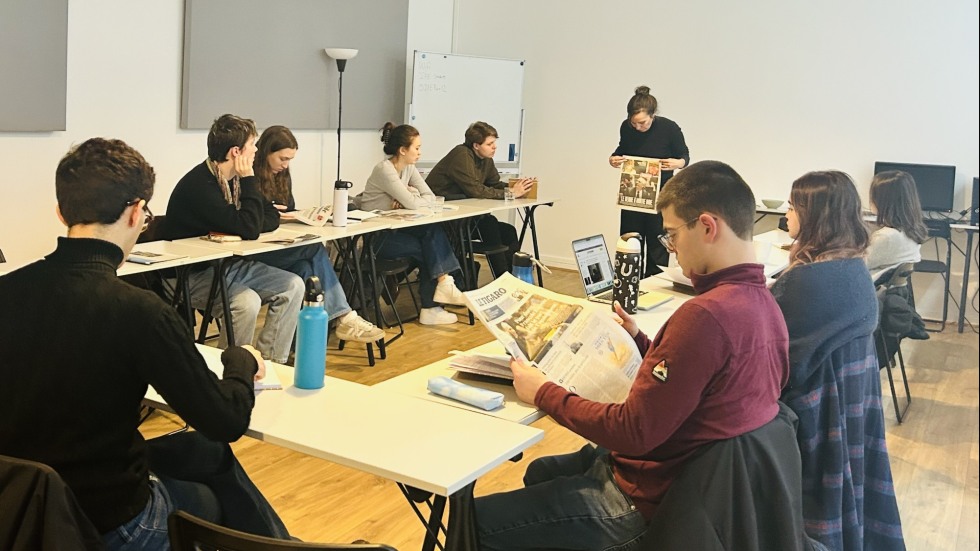

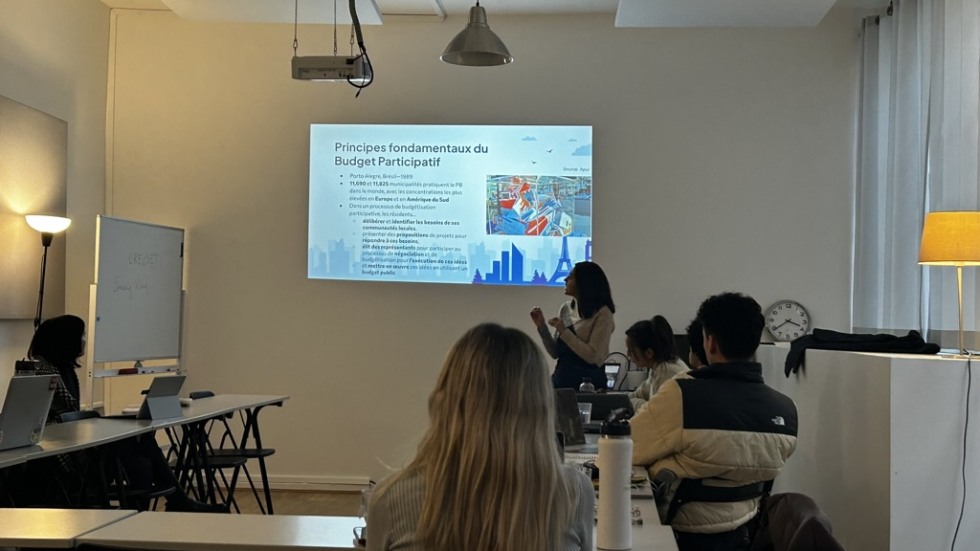
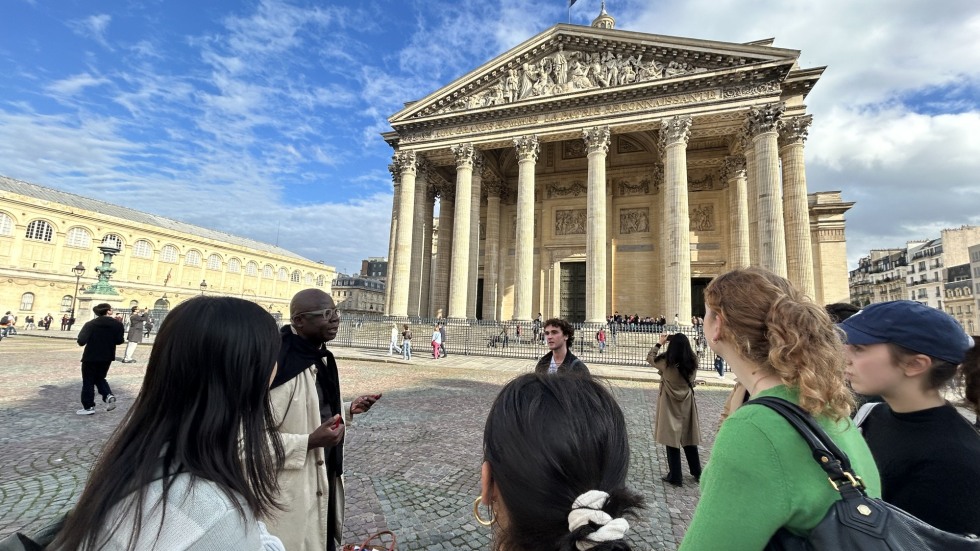
University Partner Institutions
By taking courses alongside French students, students develop a better understanding of local academic culture, build valuable connections, and truly integrate into the university community.
Students currently enroll at one of two partner institutions:
Sorbonne Université faculté des lettres 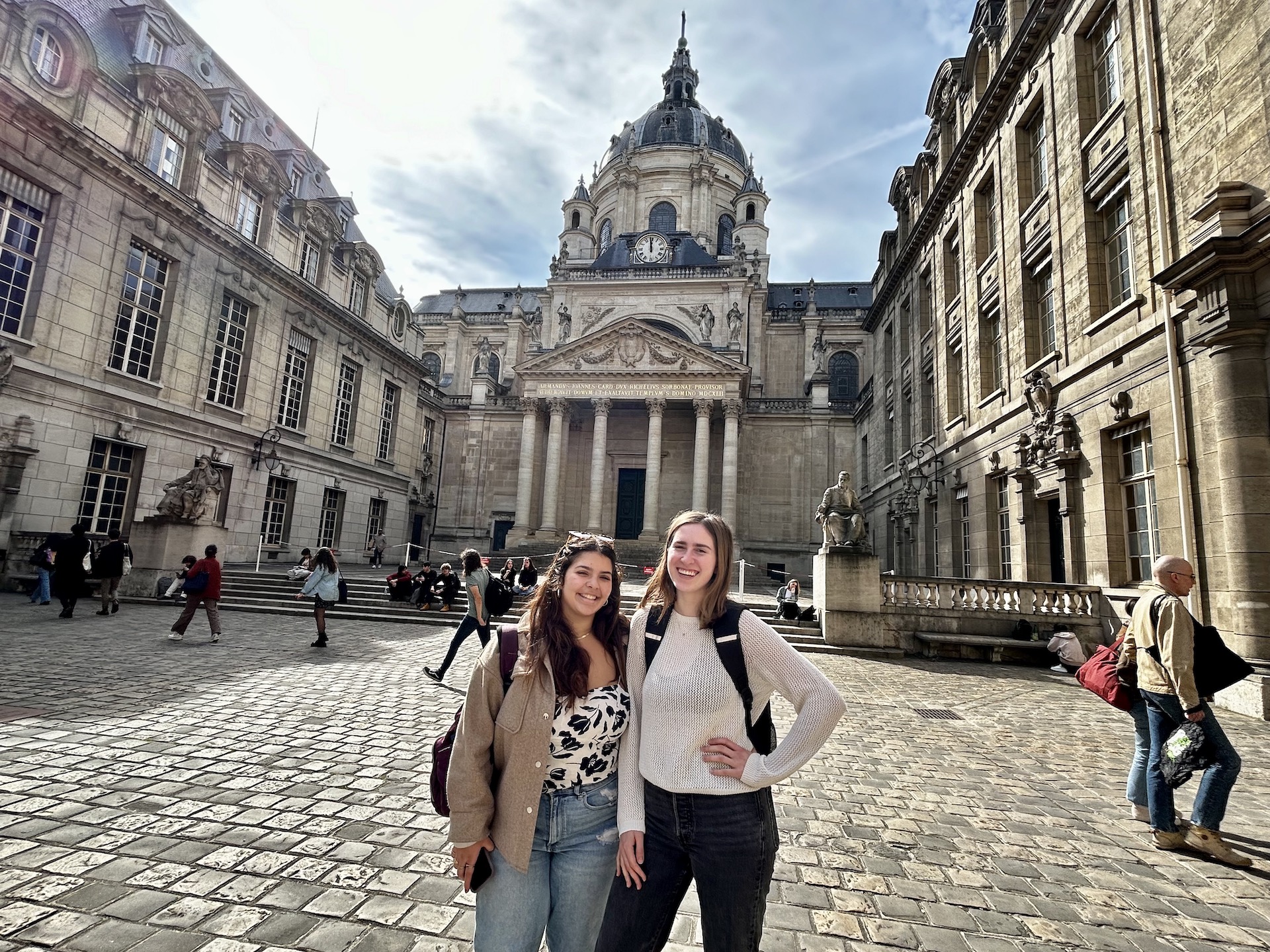
With coursework in the humanities and some social sciences, “Lettres Sorbonne” offers traditional amphithéâtre lecture style classes dating from the creation of the original Sorbonne in 1257. Primary departments include art history, history, literature and philosophy.
Université de Paris 8 - Vincennes Saint Denis
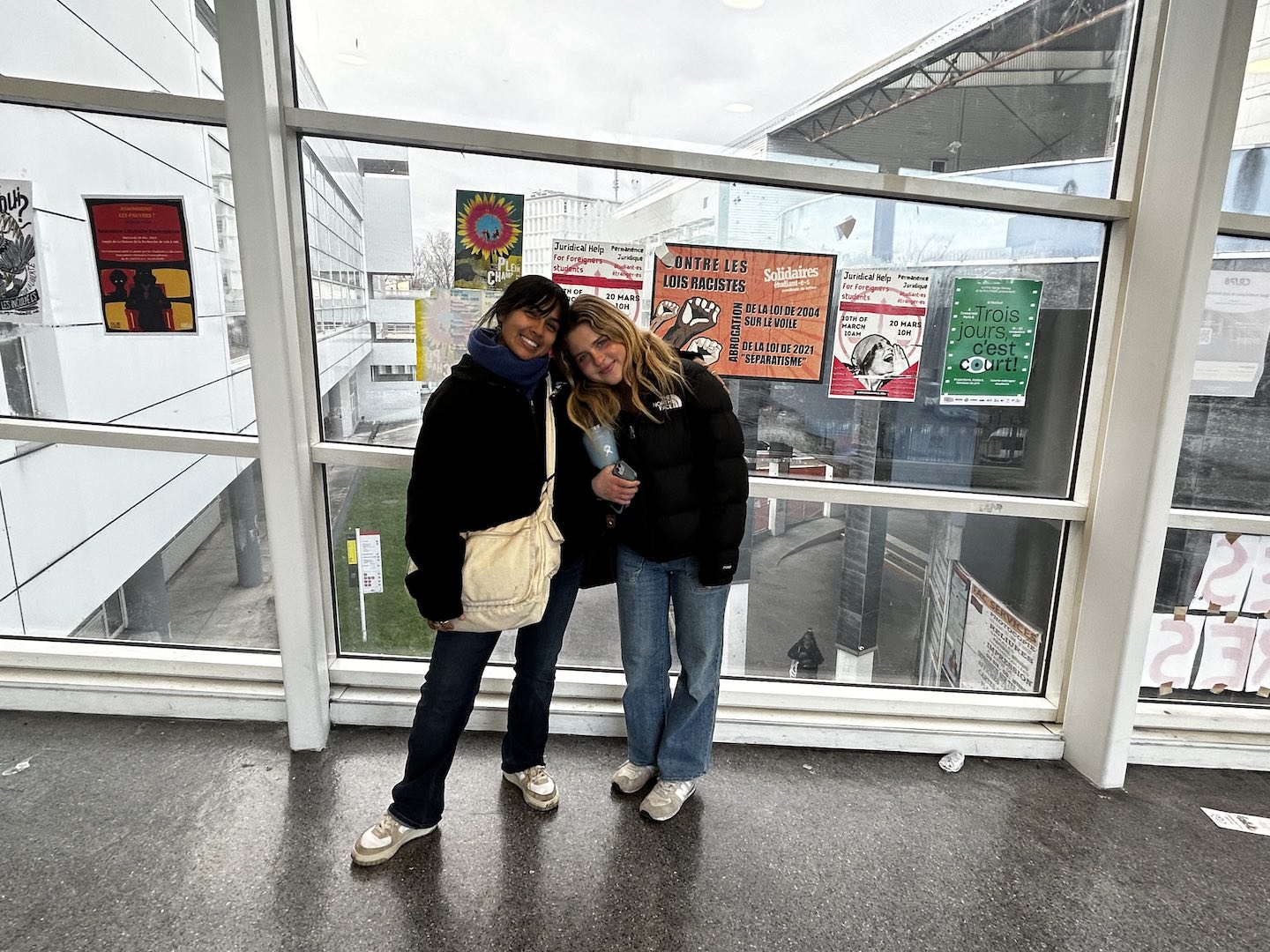
Born of the May 1968 social revolution, “Paris 8” boasts the first Feminist/Gender Studies department in France, as well the first department of Film Studies. Created by great thinkers such as Michel Foucault, Hélène Cixous and Gilles Deleuze, this university remains at the forefront of contemporary thought and social justice. Coursework is offered across the humanities and social sciences, as well as in studio and performing arts, mathematics and computer science.
In some cases, students are also able to enroll at specialized schools, like l'École spéciale d'architecture (for architecture classes), INALCO for certain languages or l'Institut catholique de Paris (for religious studies).